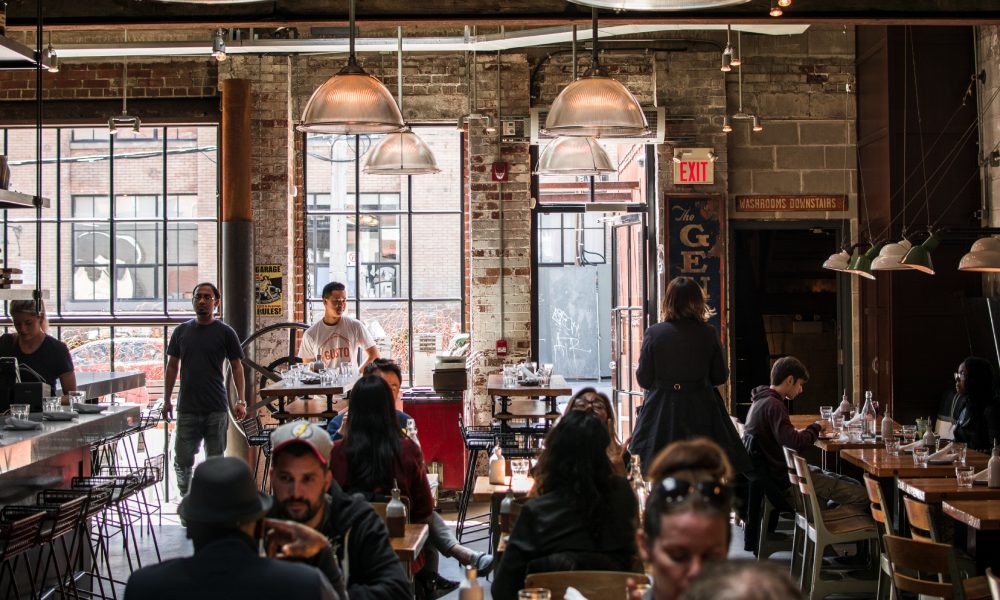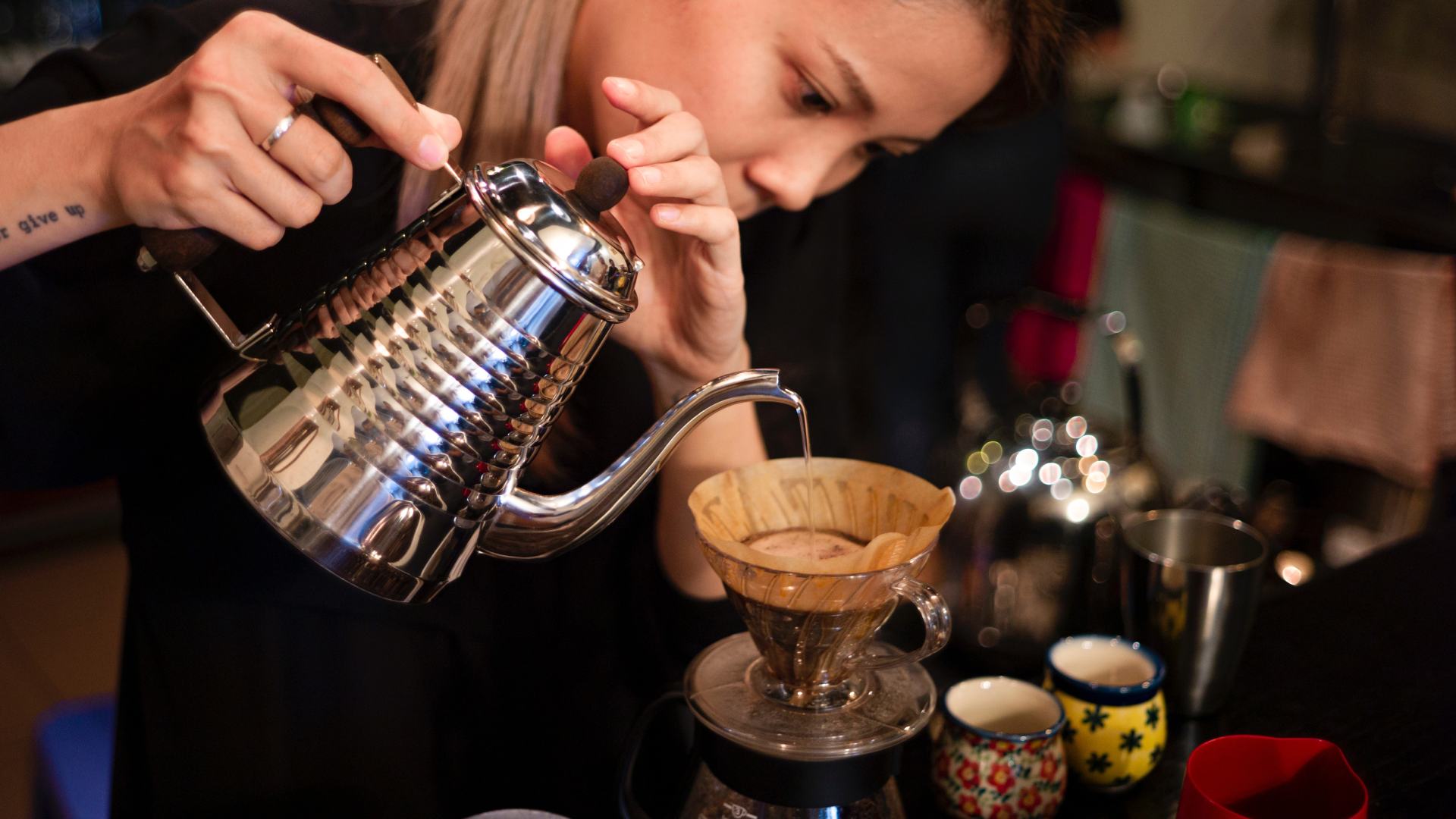Is elitism limiting the scope of specialty coffee?
With many areas of the specialty coffee market pushing for wider accessibility, Jenna Gottlieb asks Canadian coffee entrepreneur, Cristian Tellez, if there’s a limit to its reach or if businesses are choosing to remain exclusive.
Since its emergence in the 1990s, specialty coffee has been marketed as an exclusive product – even within the industry itself. Specialty coffee needs to meet certain criteria relating to quality, sustainability, and consumer experience, and subsequently, its reach has traditionally been limited.
Furthermore, this exclusivity comes at a relatively steep price. However, there’s been a recent shift in the market as it attempts to shake off some of that exclusivity and open the doors to a wider range of coffee enthusiasts.
For many of the coffee professionals driving this shift, the idea is to make specialty coffee more approachable and scale up this niche market. At the same time, others feel that there’s such a thing as “too accessible”.
Cristian Tellez is a Canadian coffee professional whose podcast – OH MY GODSHOT! – introduces people to other coffee experts from around the world. He believes that coffee should be absolutely accessible.
“In the name of accessibility, we have to think about what we are doing to remove barriers to accessing coffee,” he explains. “A lot of people fear that if you make coffee too accessible, you make it less special – and I don’t think that’s the case.”

Accessibility: What’s in it for specialty coffee businesses?
For Cristian, accessibility is all about recognising that the service industry is meant to be inclusive. However, he notes that there’s certainly more to it than that.
“There’s also an economic reason,” Cristian explains. “Reaching more customers can lead to paying staff better and offering more employment benefits. Accessibility is the road to economic growth.”
From a business perspective, some café owners may be concerned about being perceived as pretentious or snobby – two words that get thrown around quite a lot.
In reality, specialty coffee currently has a high barrier for entry that includes high prices, the need for quality coffee education, and excellent brewing equipment. Because these are not necessarily affordable or accessible for the “average” consumer, businesses may indeed focus on those customers who can overcome the financial barriers.
As such, by improving accessibility, specialty coffee businesses can shake off these perceptions.
Accessibility isn’t exclusive to the business-consumer market, either. Specialty coffee producers also stand to gain from wider accessibility. Currently, many feel that specialty coffee isn’t the automatic boon for coffee producers that many think it is.
Although specialty coffees sell for a higher price, the small size of the market limits the economic benefits. If the sector widens its reach, farmers may be able to move more coffee and improve their own circumstances. After all, this is in line with specialty coffee’s mission of sustainability.

Has it become a race to the bottom?
In making specialty coffee more accessible, it’s clear that a major hurdle is overcoming the elitist or exclusionary perceptions around it. Cristian thinks that any kind of elitism in the coffee industry is quite unfair.
“There may be singular baristas or people in the industry that prefer to have specialty coffee guarded,” he elaborates. “But it’s pretty offensive to think a customer just won’t get it. Coffee is complex, but it’s not complicated.”
Some customers may have experiences with baristas who are condescending or disinterested, and this raises the question: what are specialty coffee shops doing to engage more people?
“We need to stop alienating people and we need to make specialty coffee more accessible,” Cristian continues. “It’s not helpful to make people feel like they have to prove themselves to get in, to get access.”
As a result, many businesses are racing to become more accessible – but Cristian is concerned that this may lead to degradation of the specialty coffee sector.
“There are definitely businesses undercutting each other, and it’s a race to the bottom right now,” he expands. “I don’t know if it’s due to being a more accessible space or if it’s the only way they think they can survive, but their value proposition is to look at the value instead of the quality of their product.”
That’s why he believes that making specialty coffee more approachable shouldn’t be seen as a negative development that needs to be mitigated by a loss of quality.
“We don’t have to take away what’s special about what we do to make it more accessible,” he says. “We just need to open the doors a bit wider.”
Part of embracing accessibility, he continues, is offering a variety of coffee options, not just the cream of the crop.
“If you want to be a coffee shop open to an array of coffee drinkers, you need to offer different options,” he concludes. “If you only offer a very expensive specialty coffee, you are closing the door to some people from an economic standpoint.”








